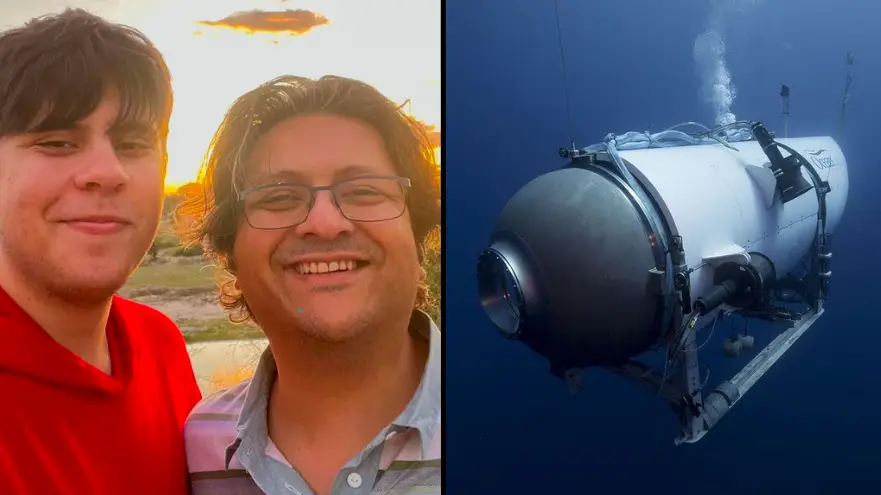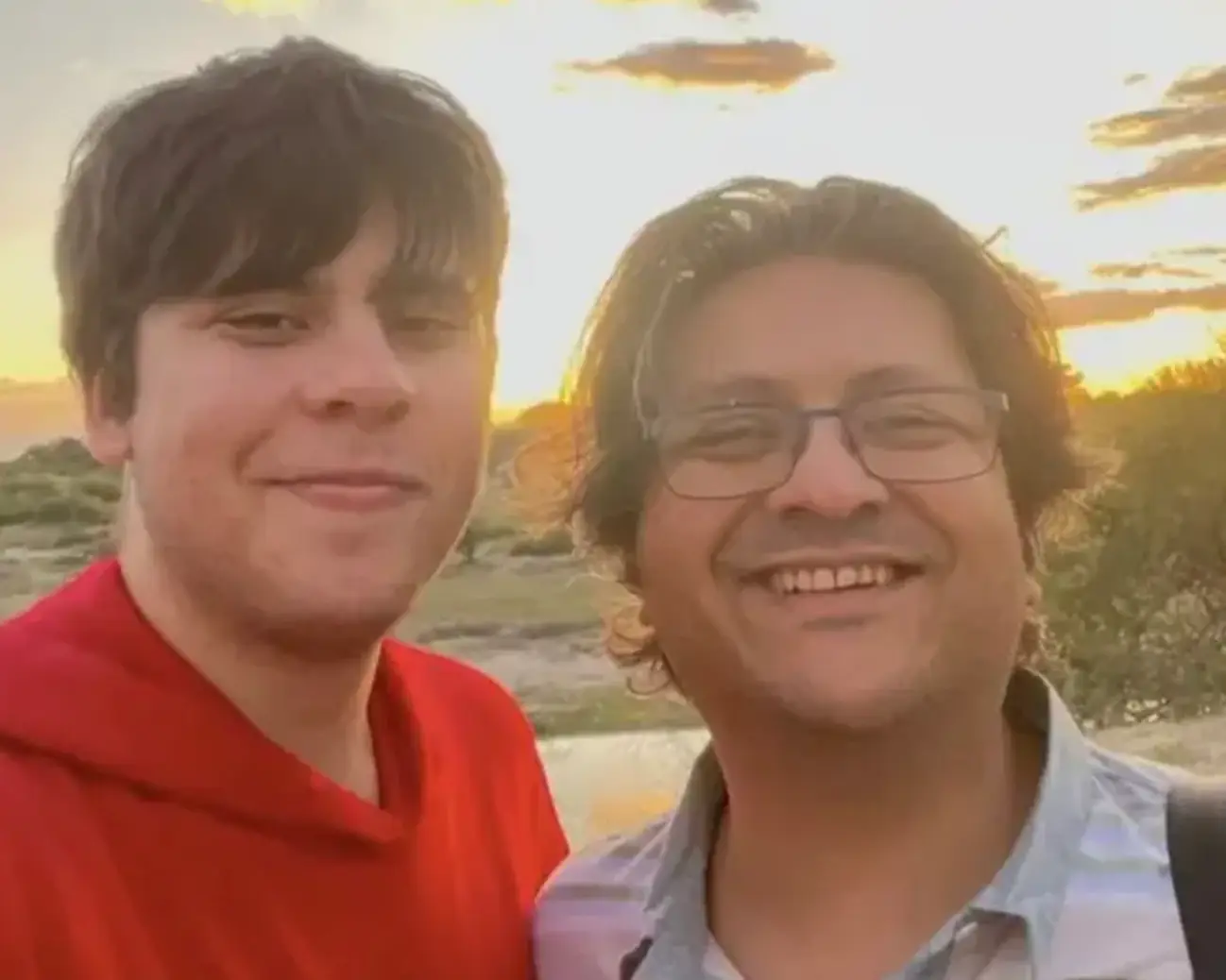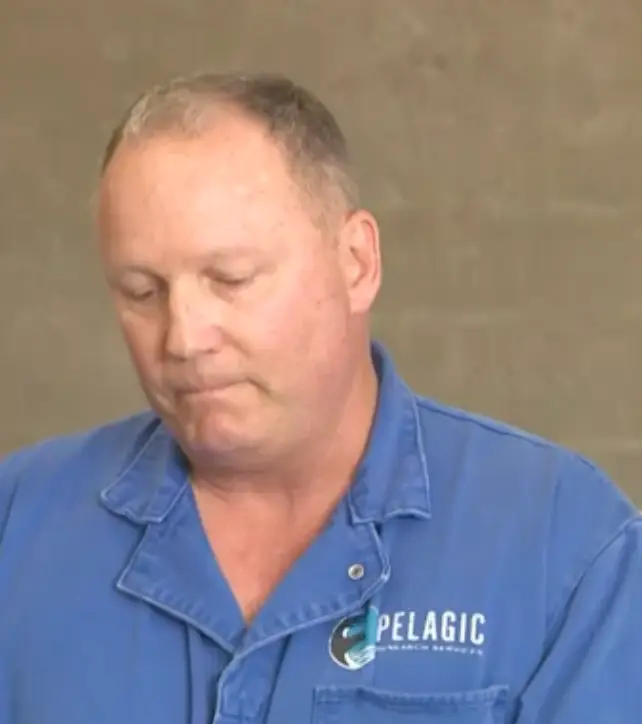
The final moments of those on board the Titanic were most likely spent in darkness, it's been claimed.
Over a week ago, the world was watching on as a huge search and rescue mission was launched following the disappearance of OceanGate's vessel.
The trip was supposed to be a once in a lifetime opportunity for the passengers, each of who had paid $250,000 for their seat.
However, less than two hours into the descent down to the Titanic wreck, crews on the surface lost contact with the sub.
Advert
And sadly, after several days of searching for any sign of vessel or its crew, the US Coast Guard discovered debris and determined that there had most likely been a 'catastrophic implosion', which killed all those on board.
Christine Dawood, the wife and mother of Shahzada Dawood, 48, and son Suleman Dawood, has now spoken out about her devastating loss.

Speaking to the New York Times, she said that passengers were told to bring their favourite music so they could listen to it through the bluetooth speakers during their descent, which was to be in the dark to save battery life.
With the floodlights and interior lights turned off, the only illumination would have come from computer screens, the light-up pens used to keep track of the descent on paper, and any bioluminescent creatures outside.
Shahzada and Suleman were told to bring warm clothing due to the cold temperatures that far down.
"It was like a well-oiled operation — you could see they had done this before many times," Christine told the outlet.
And even when they lost contact with the vessel, Christine, who had originally planned on going on the expedition before the pandemic, was told not to worry.
Her comments come after the leader of a team that was sent down to attempt to rescue the OceanGate Titan submersible teared up as he described the moment that their rescue mission became a recovery operation.
Pelagic Research Services were among those who attempted to rescue the submersible, in the event that it had simply become stuck or lost power.
It was also believed that there could have been as much as 96 hours of emergency oxygen on board the Titan.

Pelagic CEO Ed Cassano said: "We were always conscious of the crew of the Titan.
"Plain and simple, we were focused on rescue.”
However, once they arrived at the site of the Titanic wreck using the Odysseus 6K remote operated vehicle, they quickly realised it was no longer a rescue mission.
"Shortly after arriving on the seafloor, we discovered the debris of the Titan submersible... by 12 o'clock, a rescue turned into a recovery," Cassano said.
Speaking while close to tears, he explained that his whole team were working through ‘a lot of emotions’ after the disaster.
Cassano called for everyone else to see the ‘seriousness of the event’ and ‘respect the range of emotions’ of those involved in the mission.